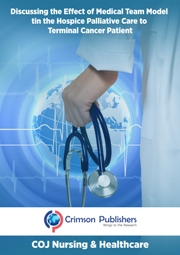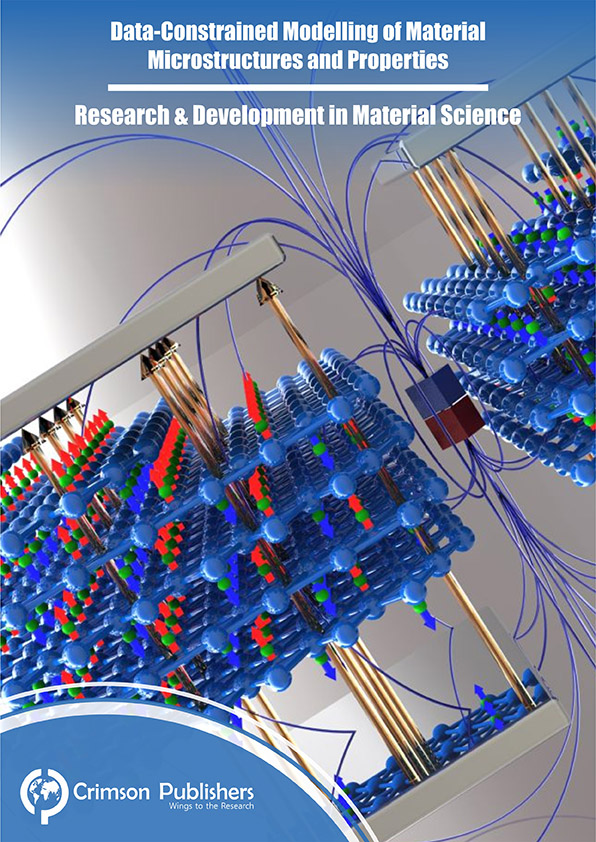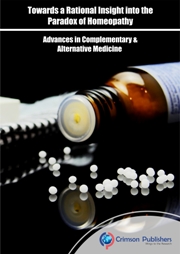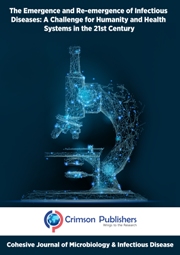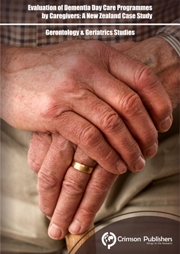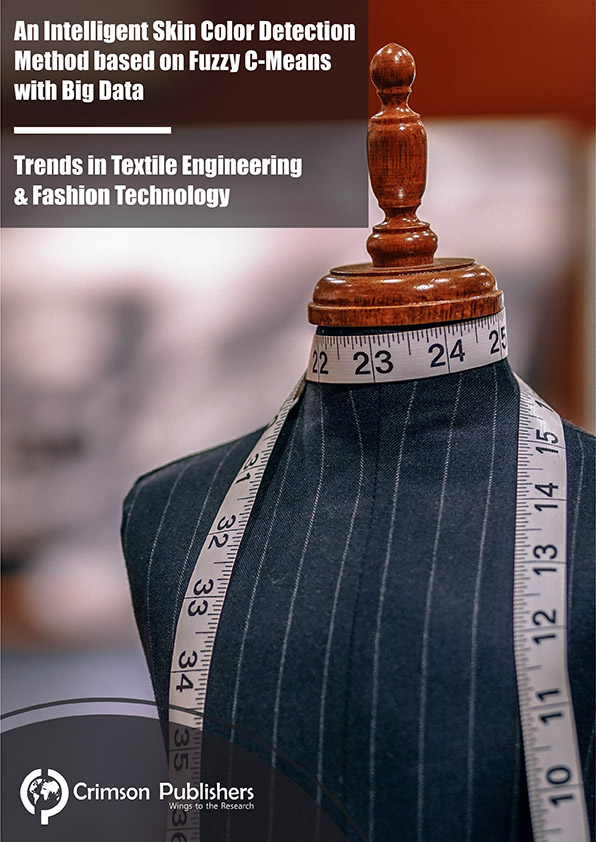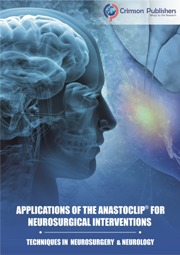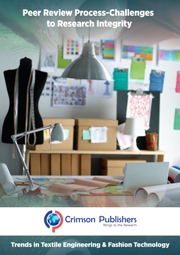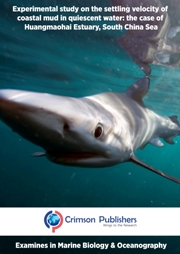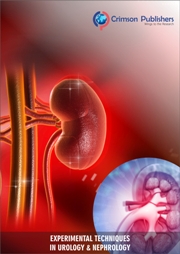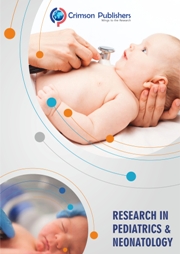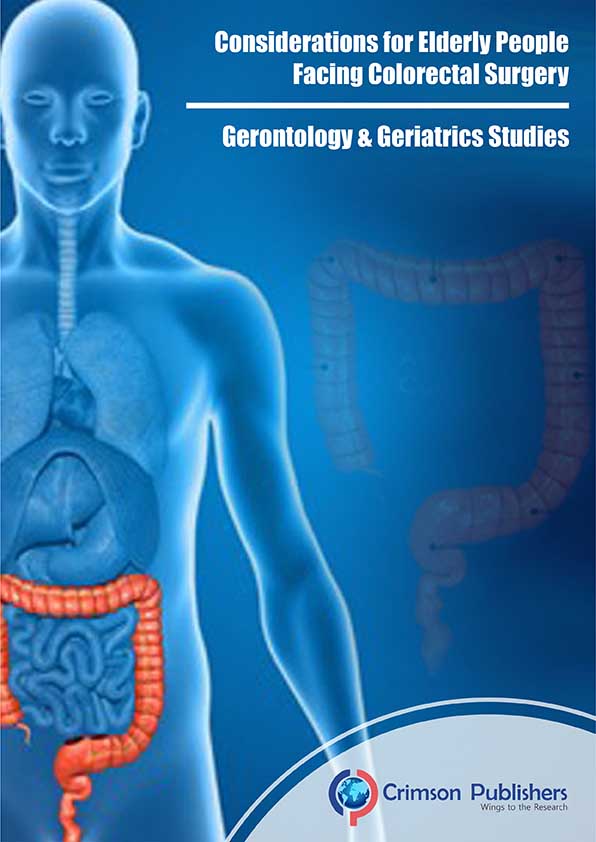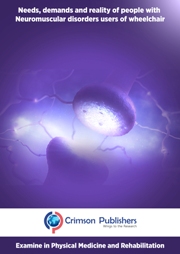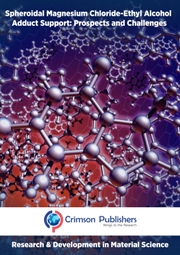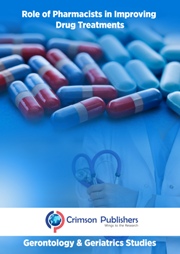- Submissions
Quality of Life in Thai Women after Hysterectomy
Author by: Bualuang S* And Malai W
Article Type: Research Article
Published: May, 2019
DOI: 10.31031/COJNH.2019.05.000602
Journal Name: COJ Nursing & Healthcare
Abstract: Aim: Aims of this research were to examine the quality of life and compare the quality of life in different age group, partner status, and educational level of Thai women after hysterectomy in a university hospital. Methods: This cross-sectional study was descriptive and comparative design. Samples included 132 women who visited a university hospital during January - June 2016. The instruments were (1) The personal data, and (2) World Health Organization quality of life - Thai version (WHOQOL-BRIEF-THAI). Alpha Cronbach’s coefficient for WHOQOL-BRIEF-THAI questionnaires was.87. Data were analyzed by descriptive statistics and Independent T-test. Result: Results found that the average age of participants was 50.74 years (SD=9.49). The number of participants who had age more than 45 was 73.80%, Health status (mean=3.50, SD=.86, range 2-5). Majority of 4 quality of life’s domains were moderate level as follows; physical health domain (53%), social relationships (66.70%), and environment domain (62.10%) but the psychosocial status domain was in high level (57.60%). Besides, there was a significant difference between age group and total quality of life, physical health domain, and environment domain at .05 level. There was a significant difference between educational level and social relationships domain at p=.012; however, there was no significant difference between partner status and quality of life in these participants. Conclusion: Results from this study, health care providers should promote health status and sexual health to improve quality of life in Thai women after hysterectomy who had aged more than 45 years old and had a low education level
 a Creative Commons Attribution 4.0 International License. Based on a work at www.crimsonpublishers.com.
Best viewed in
a Creative Commons Attribution 4.0 International License. Based on a work at www.crimsonpublishers.com.
Best viewed in 

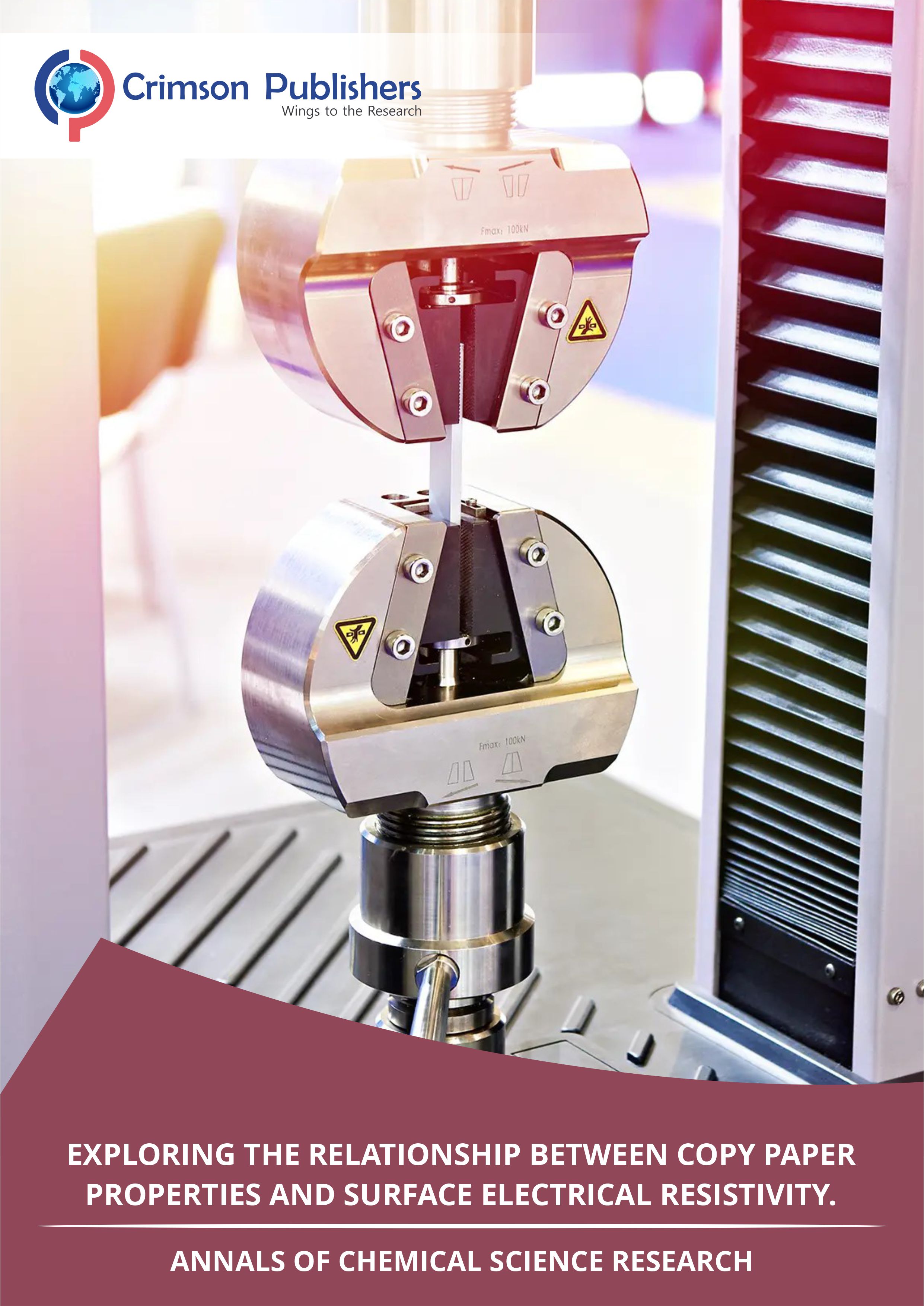
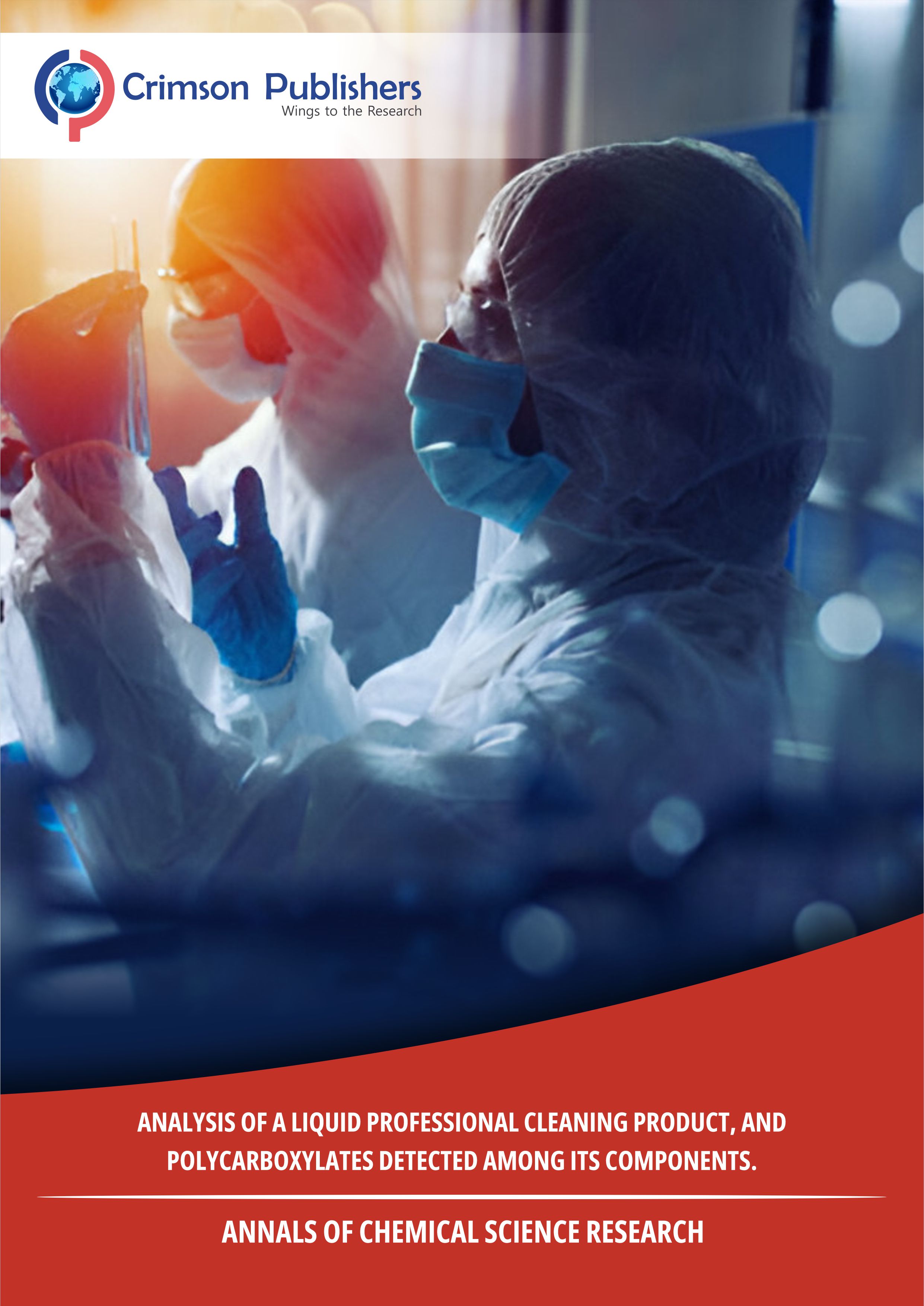
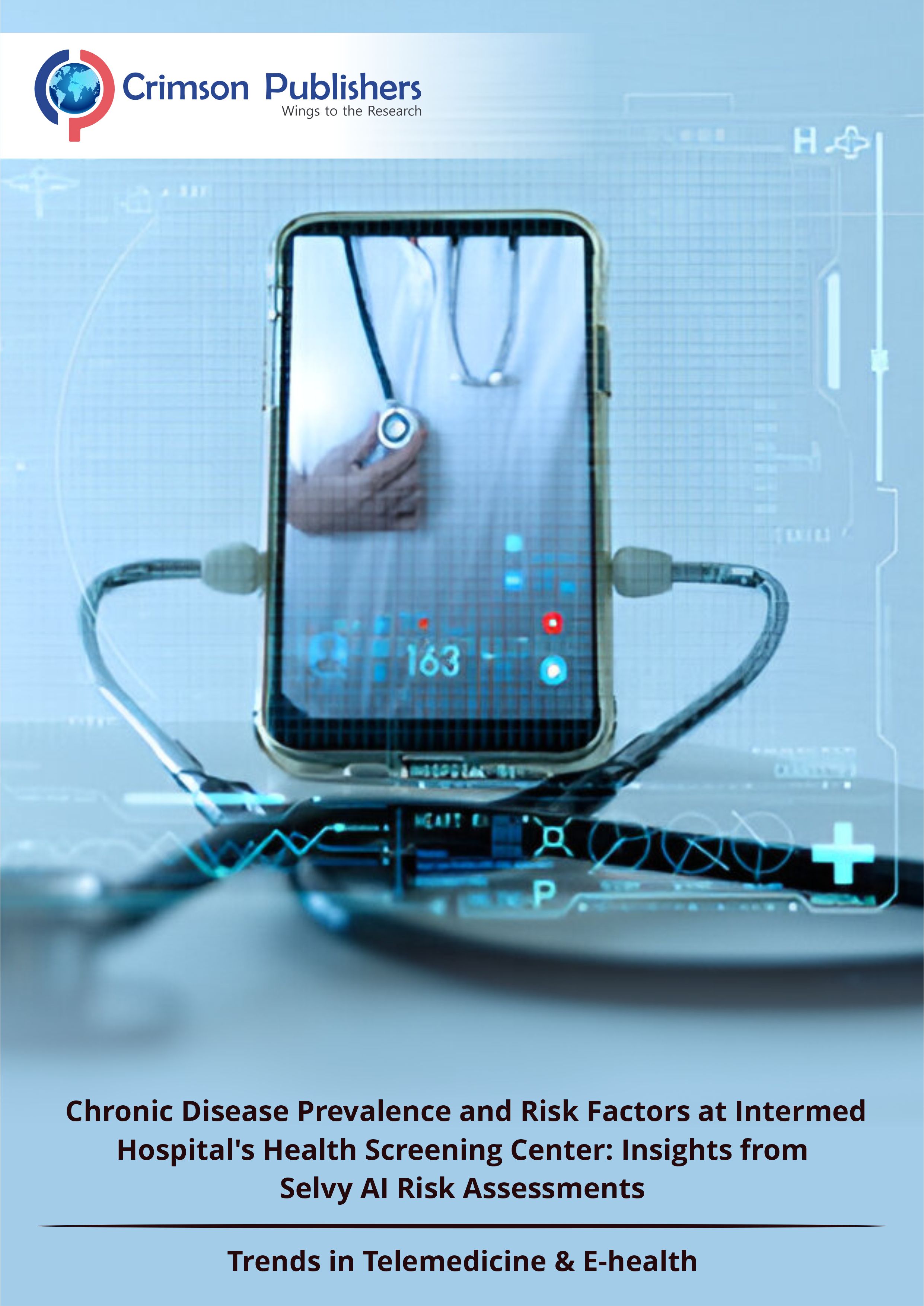
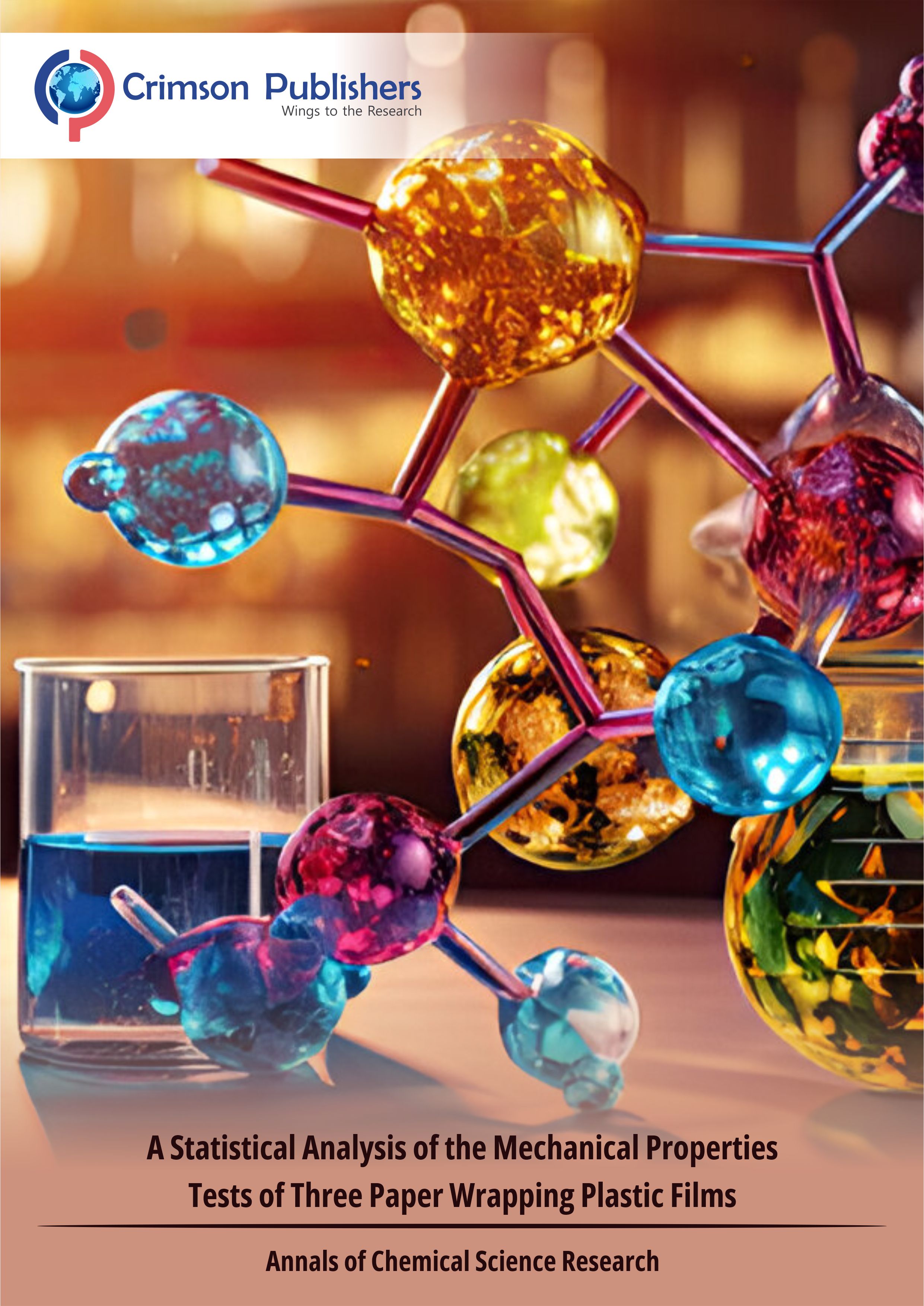









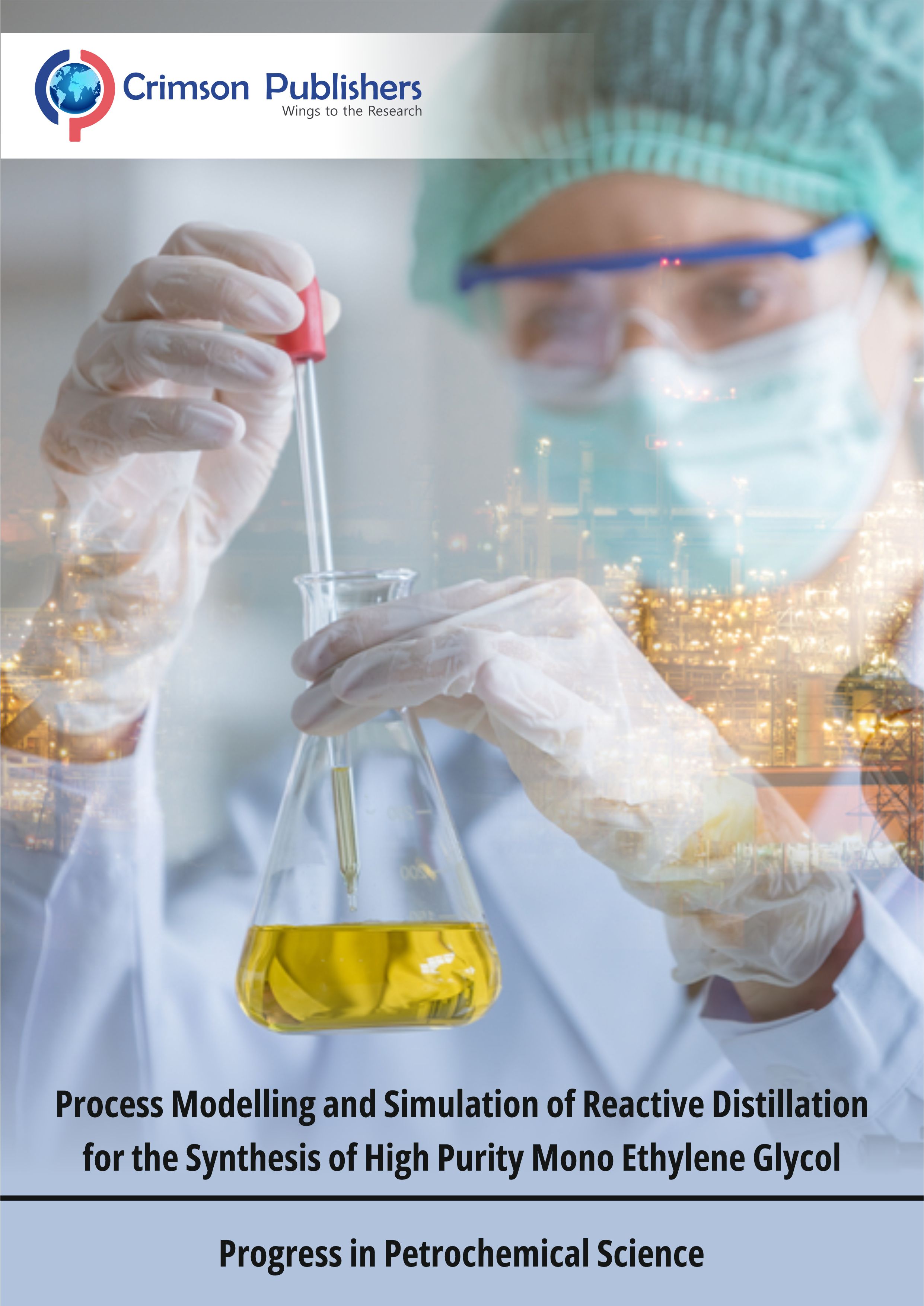
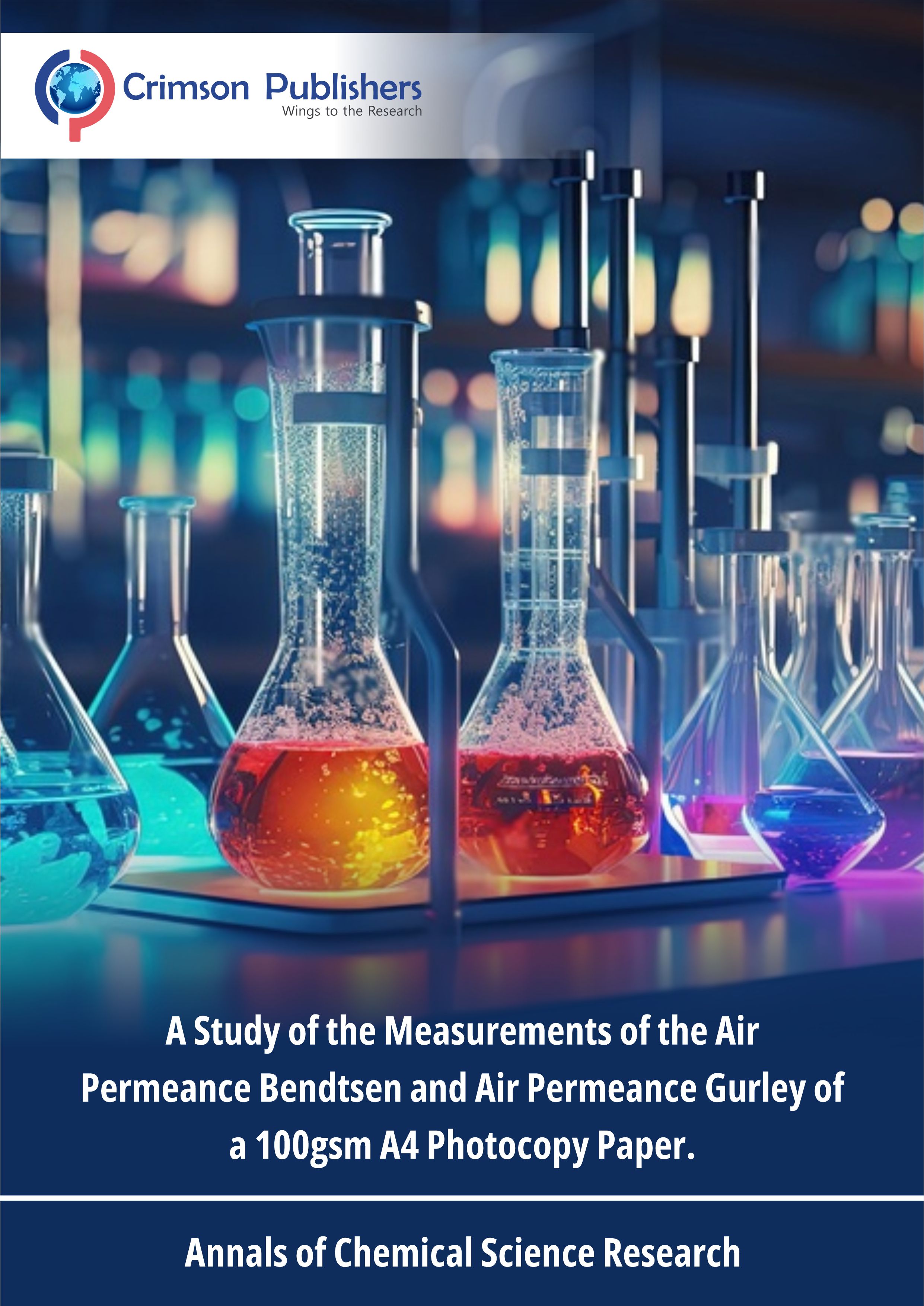
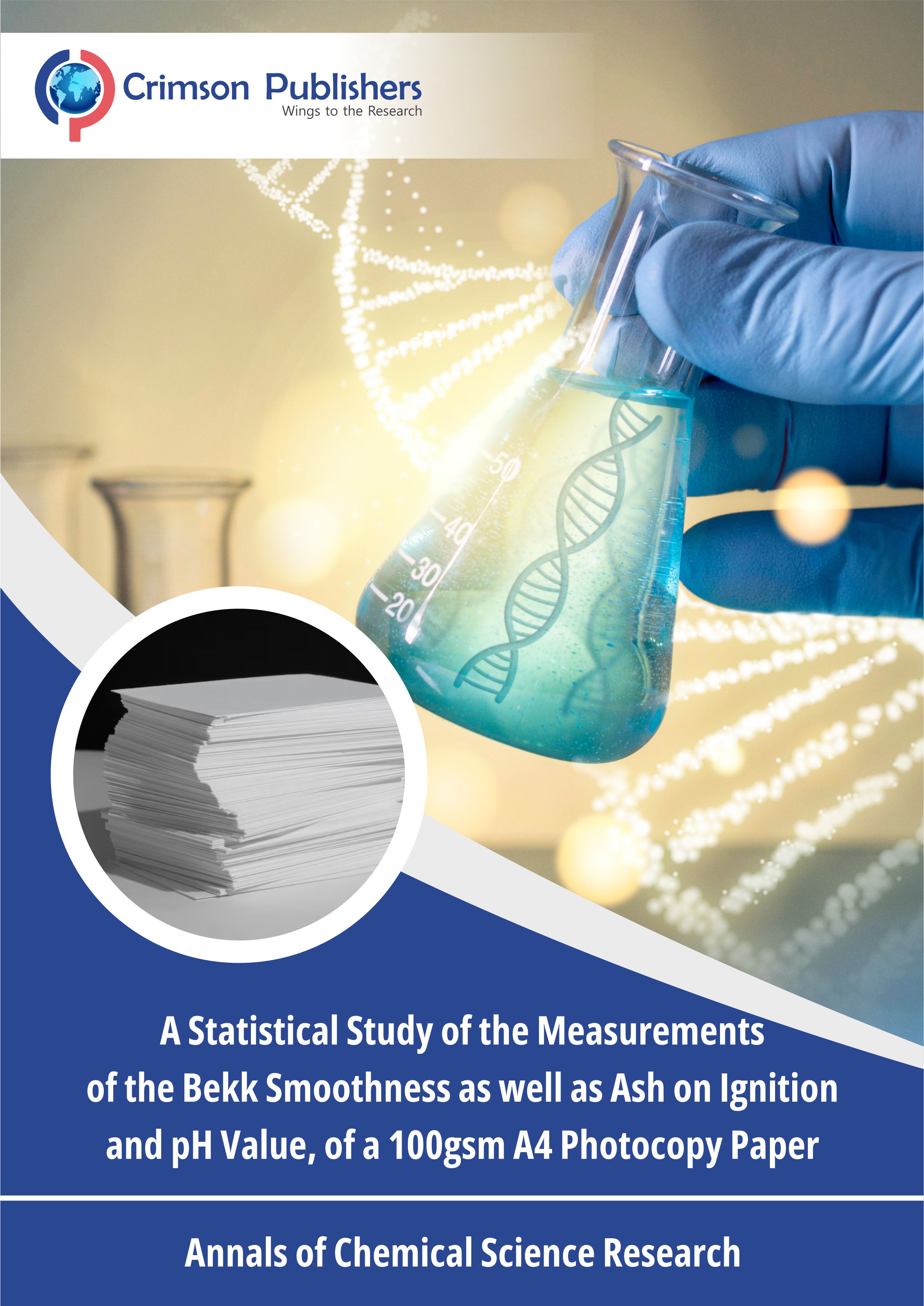
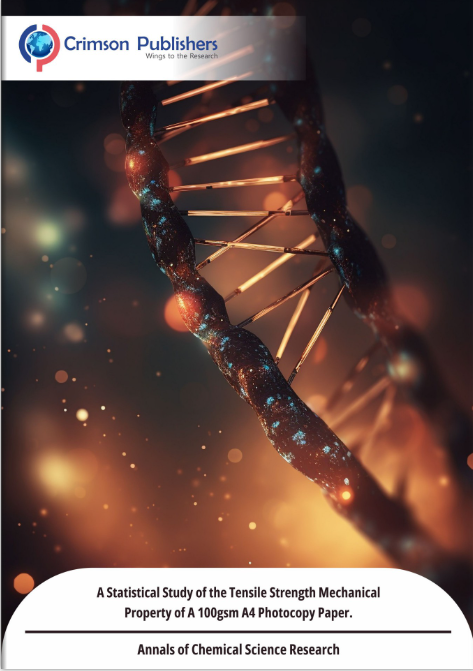
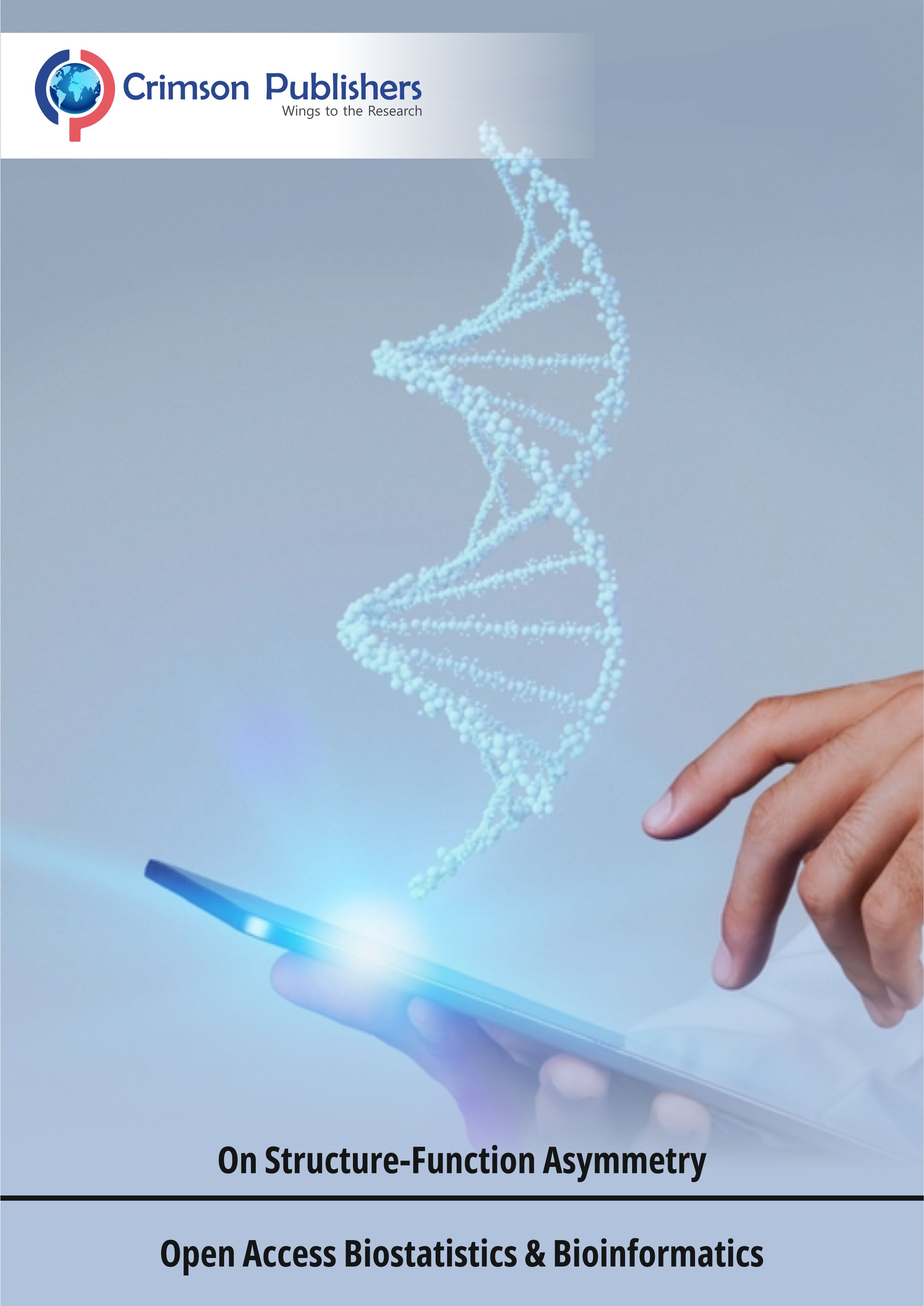
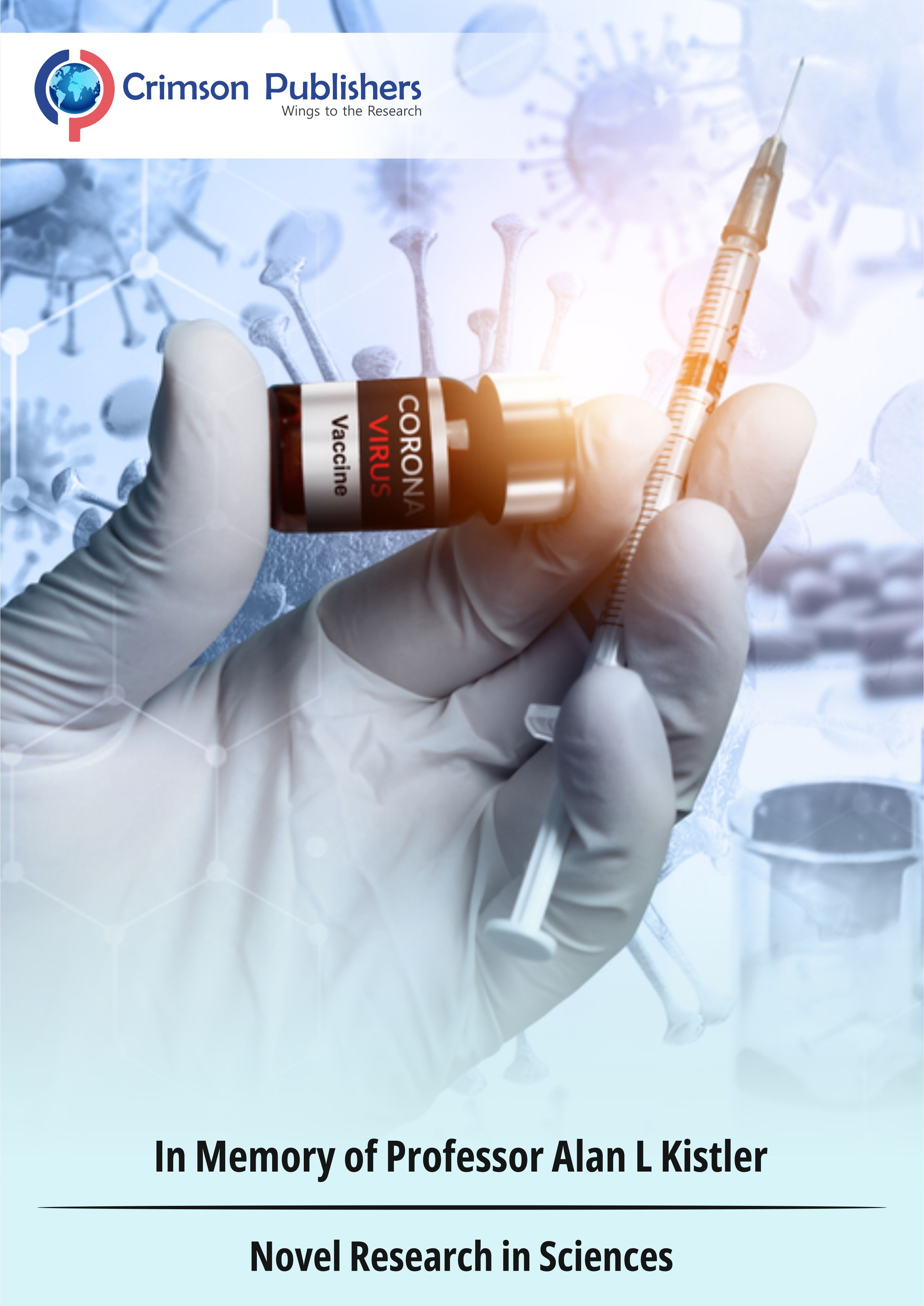
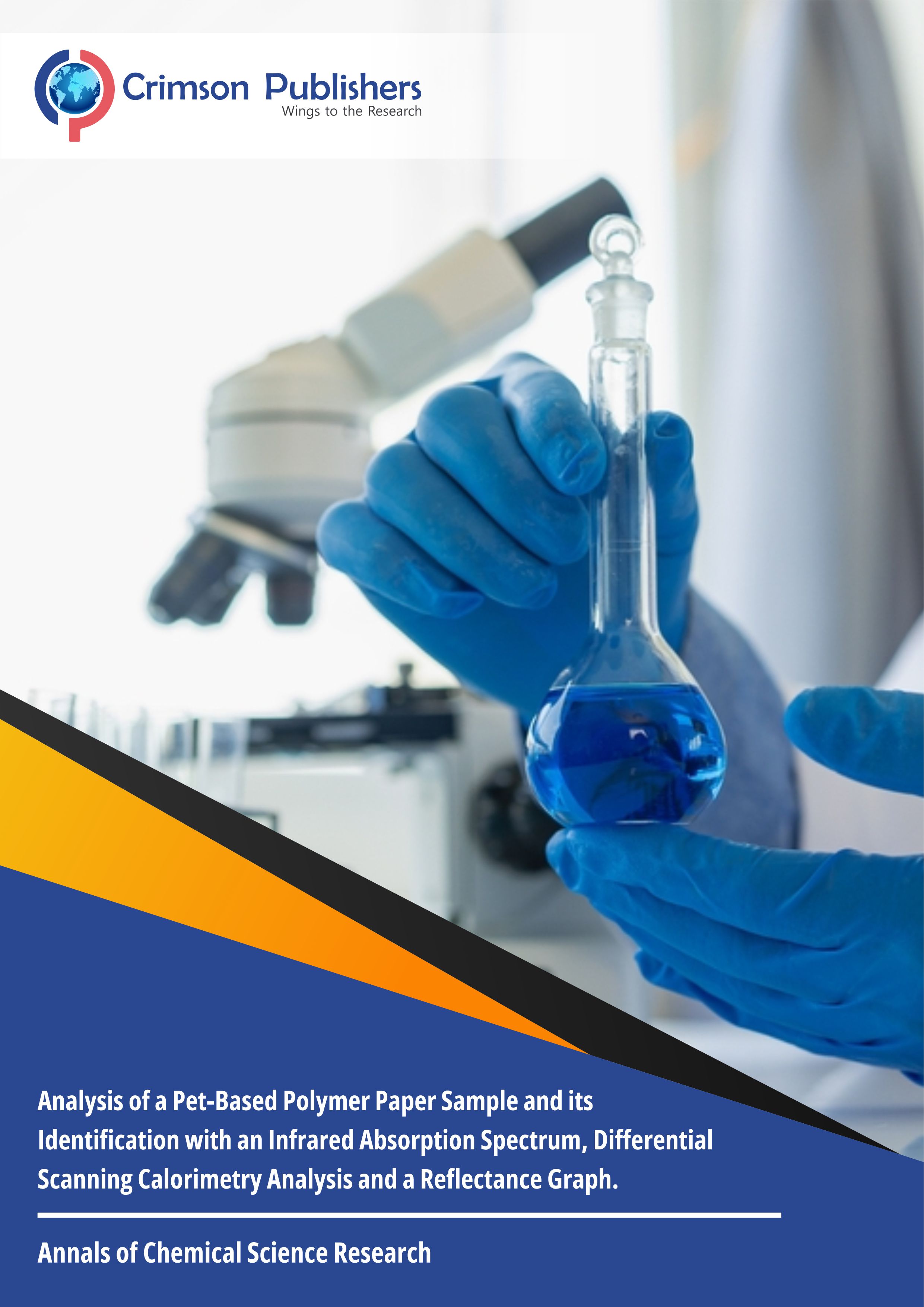
.jpg)
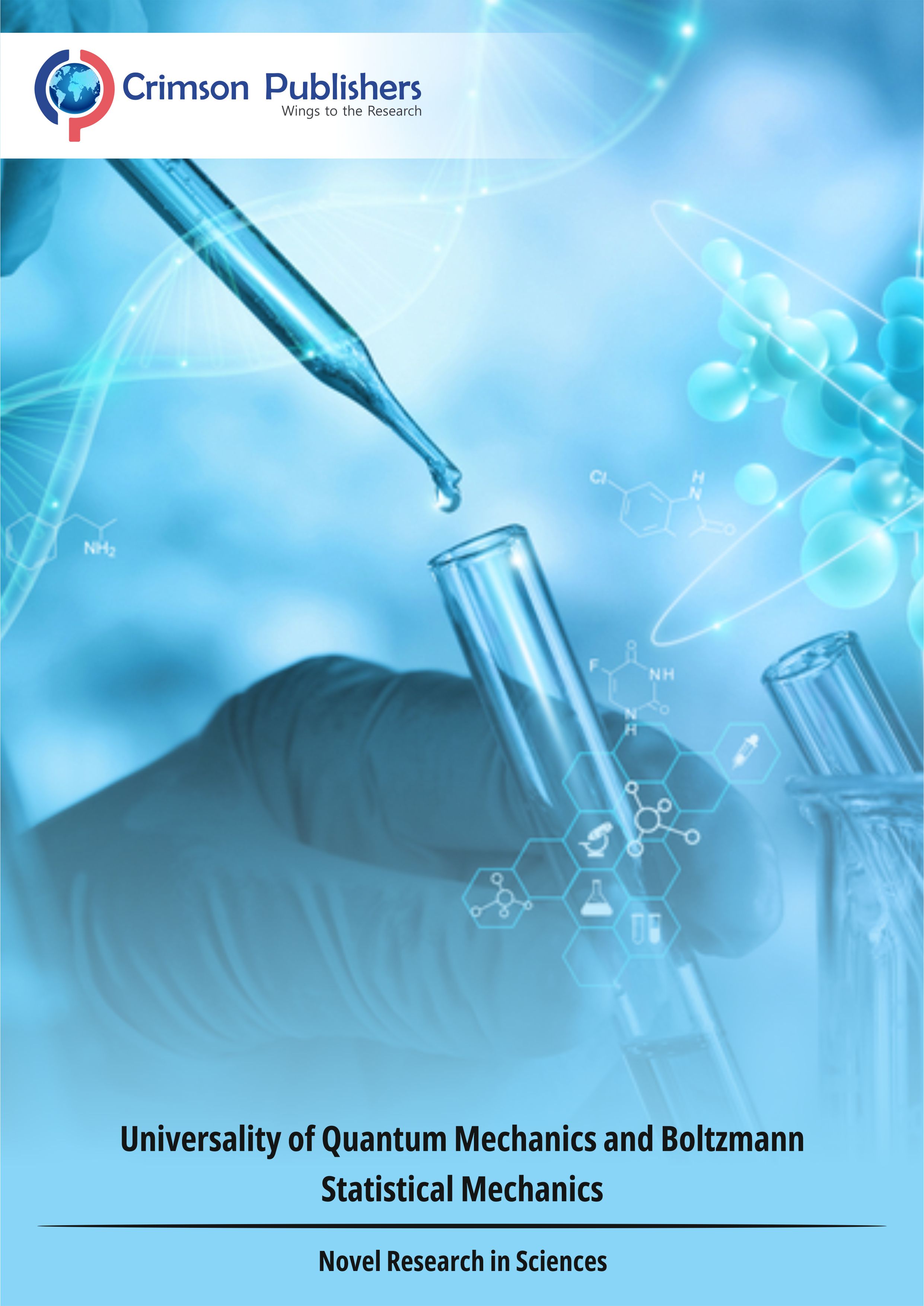
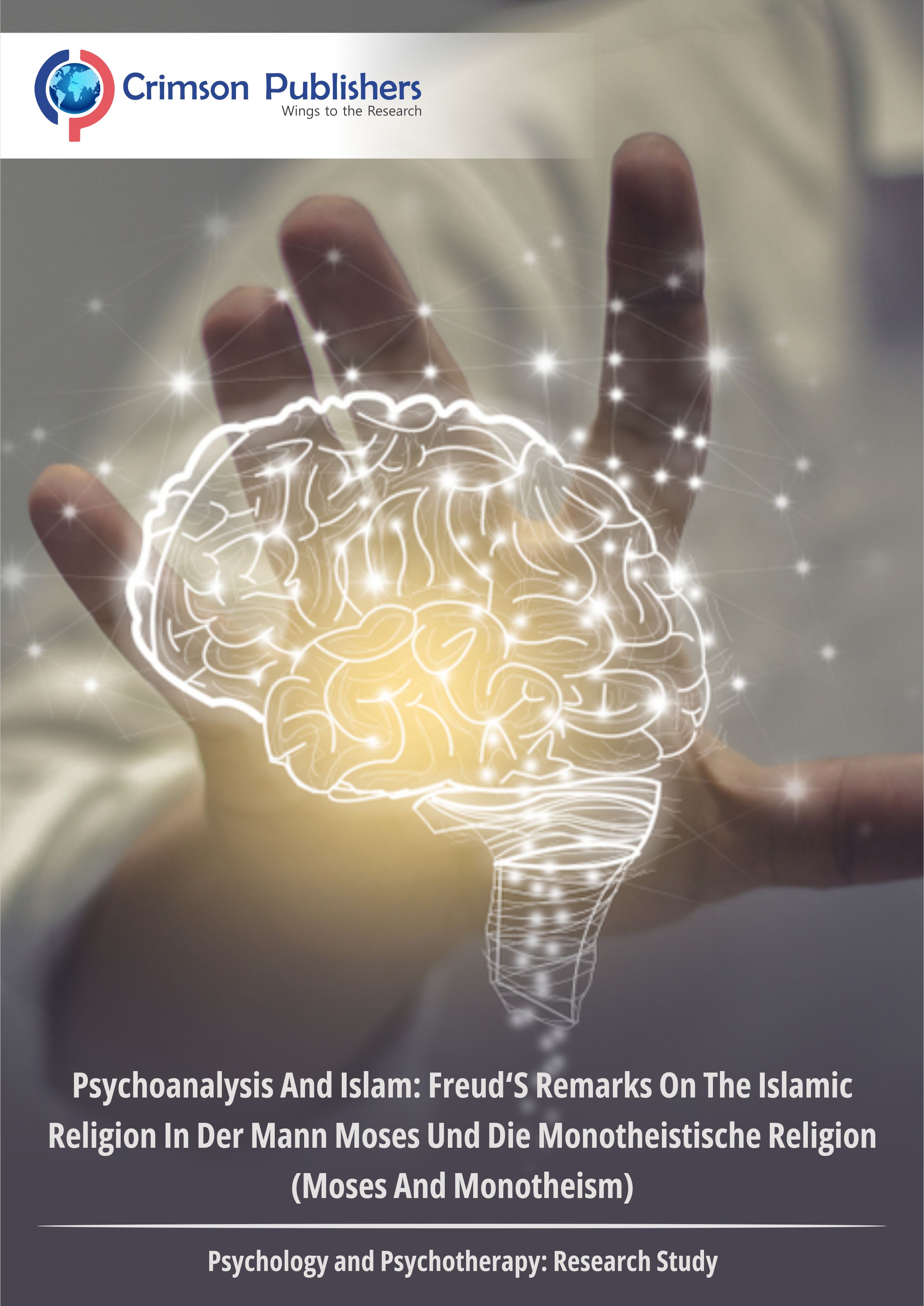
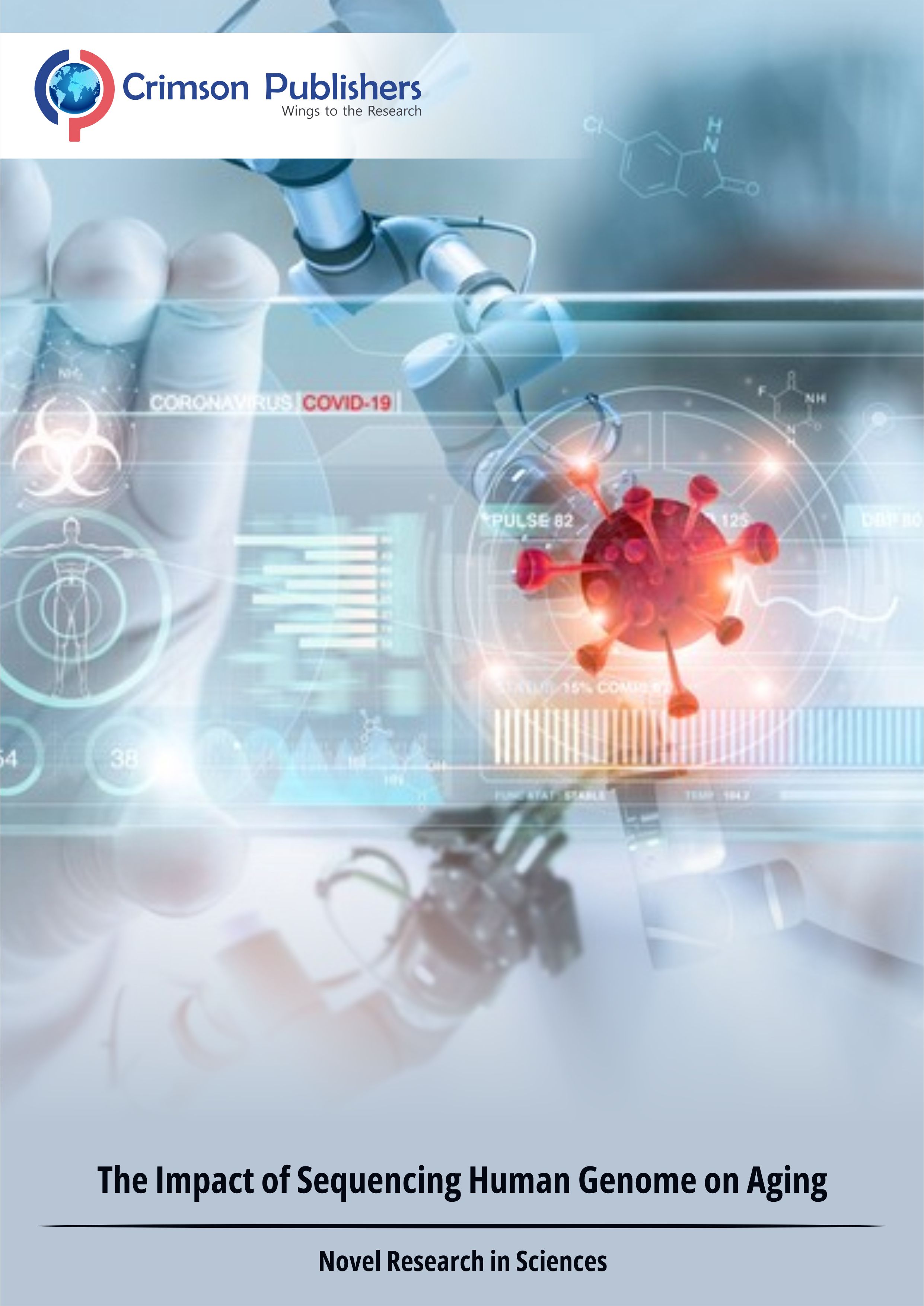
.jpg)
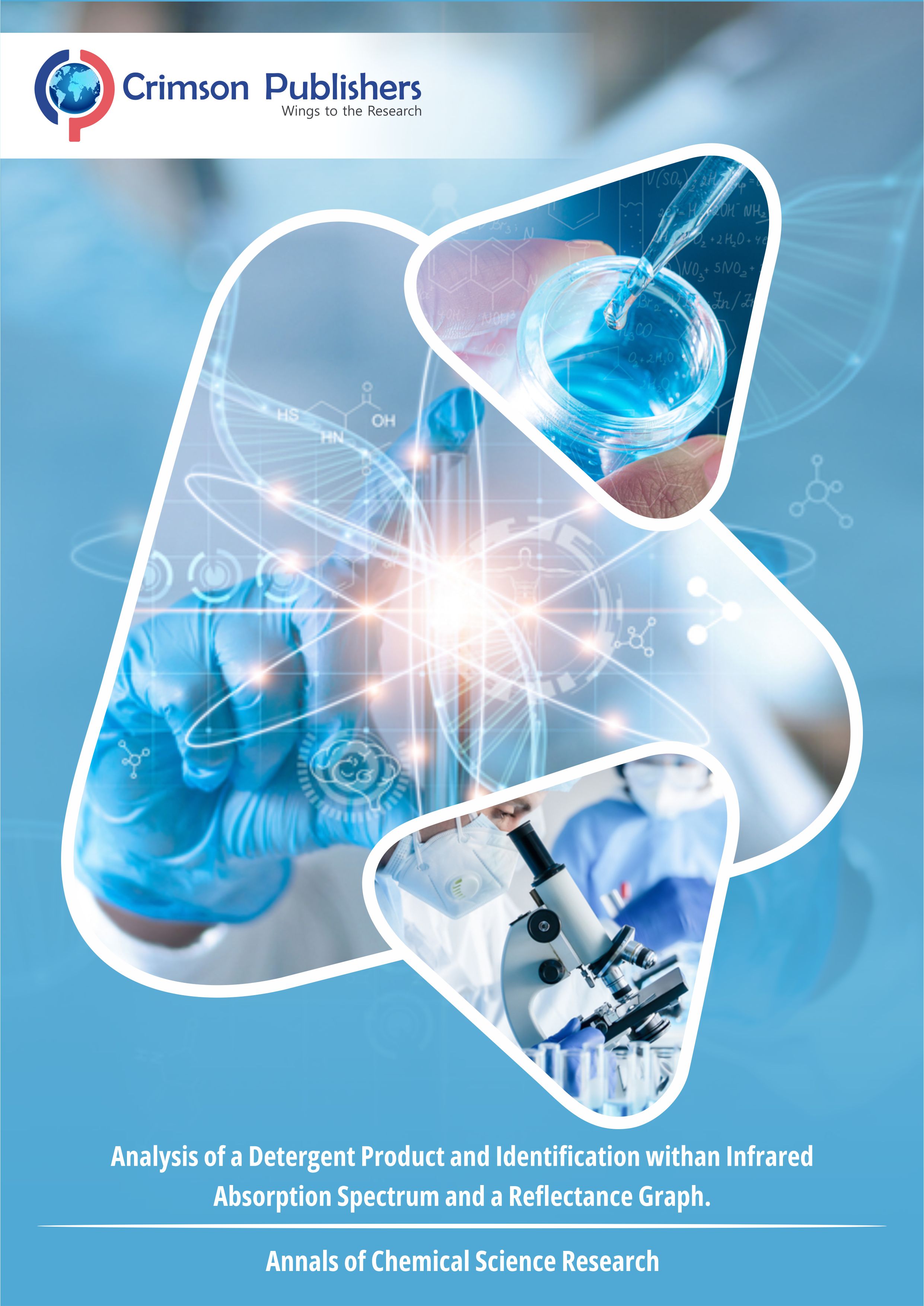
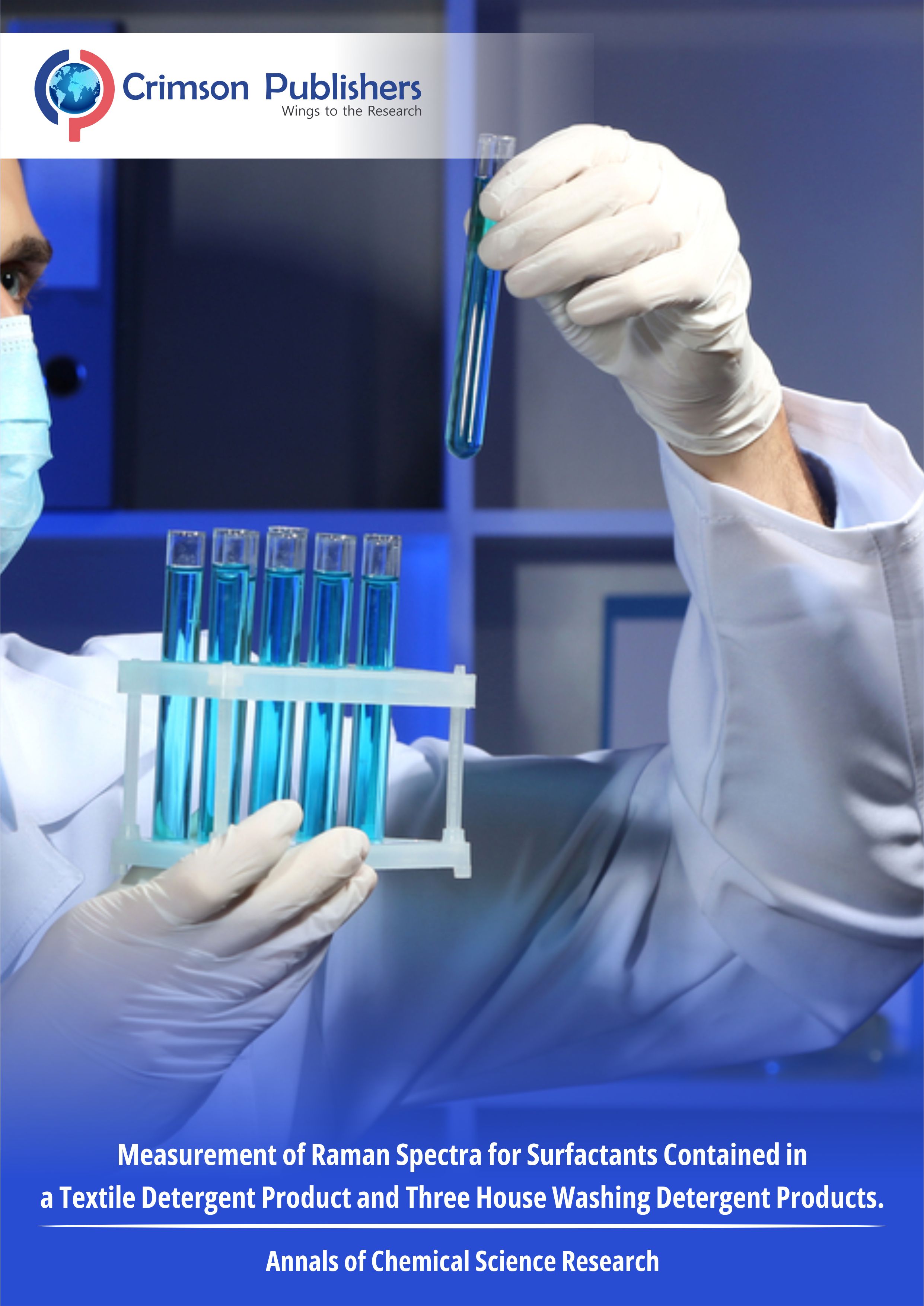
.jpg)
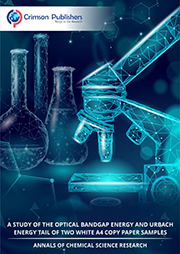
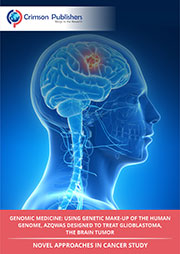
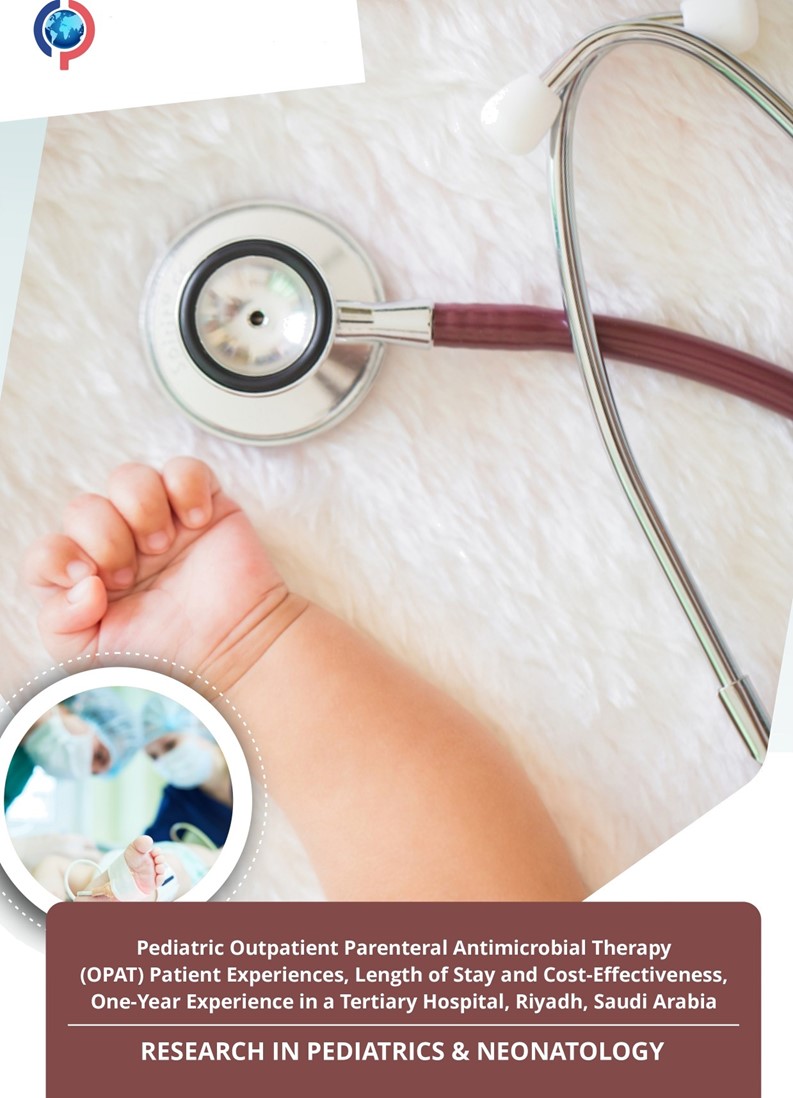
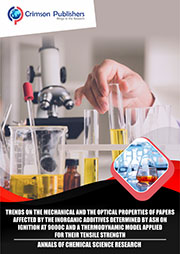

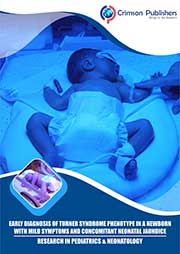
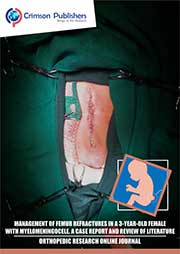
.jpg)
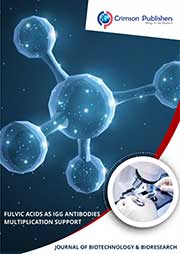
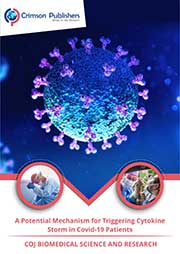
.jpg)
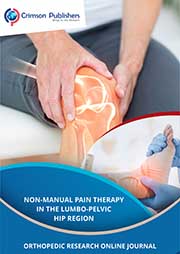
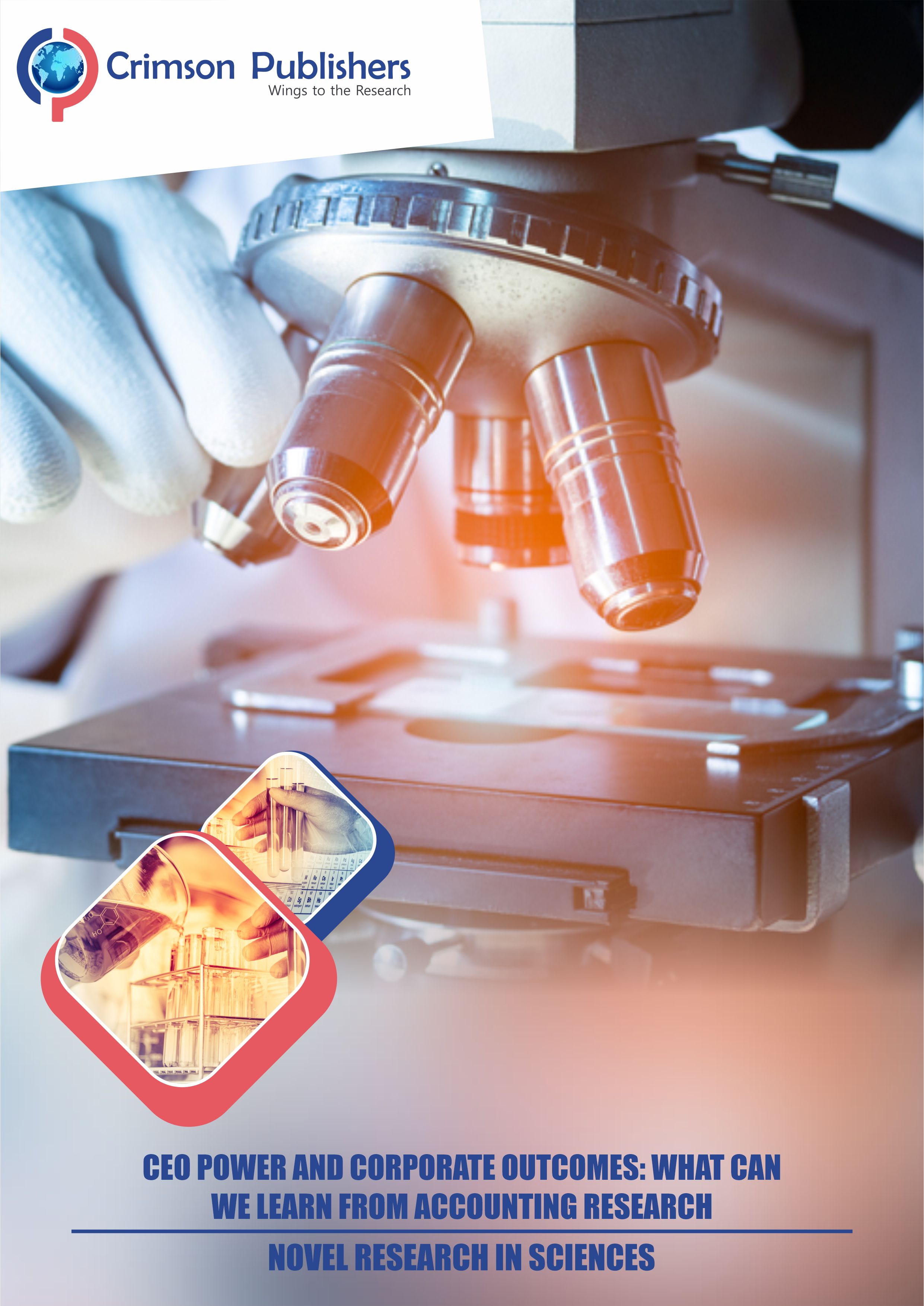
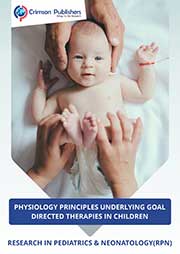

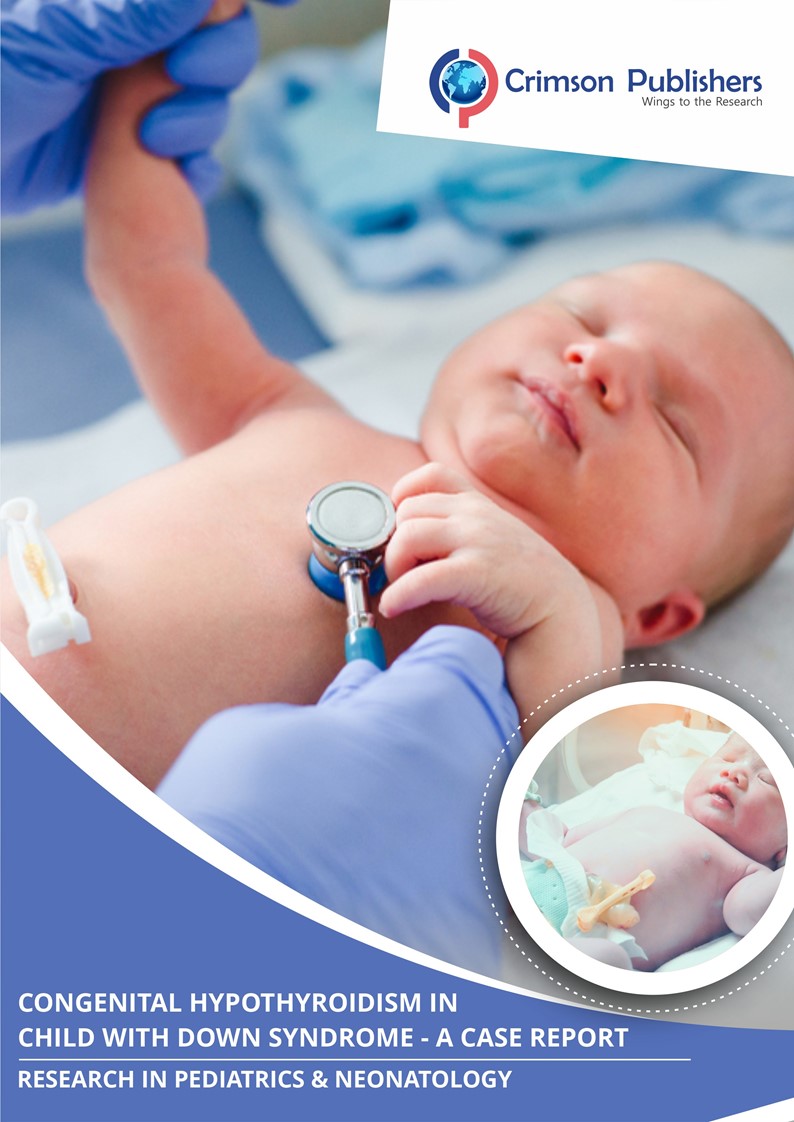
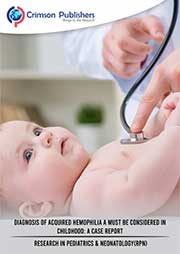
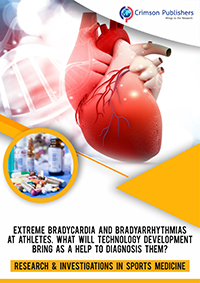
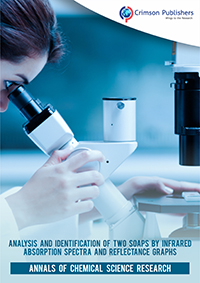
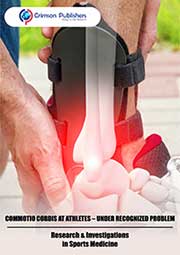
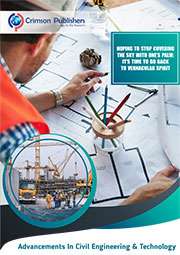
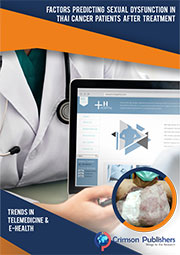
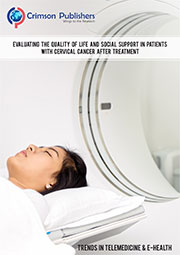
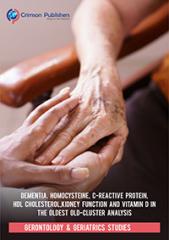
.jpg)
